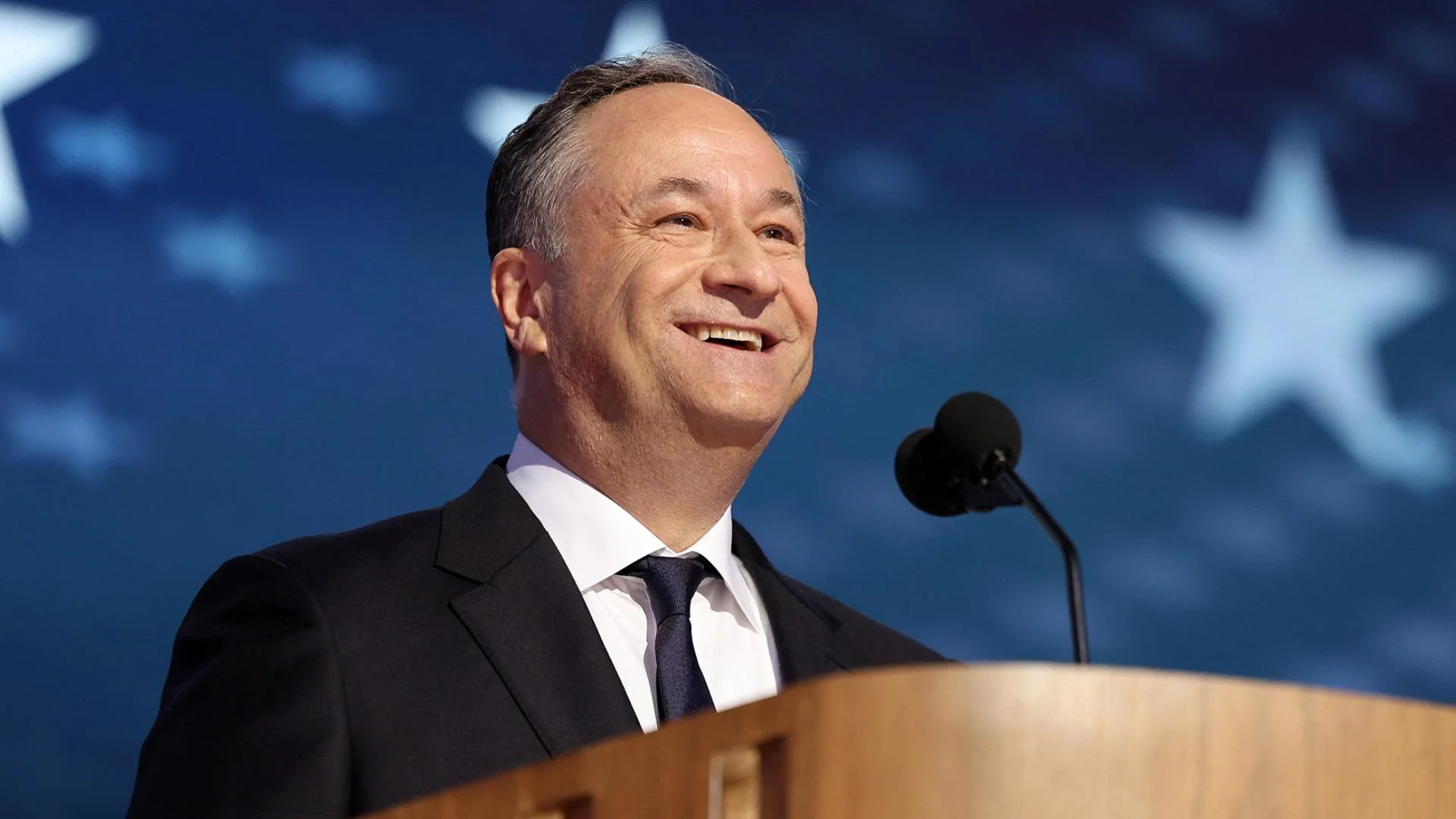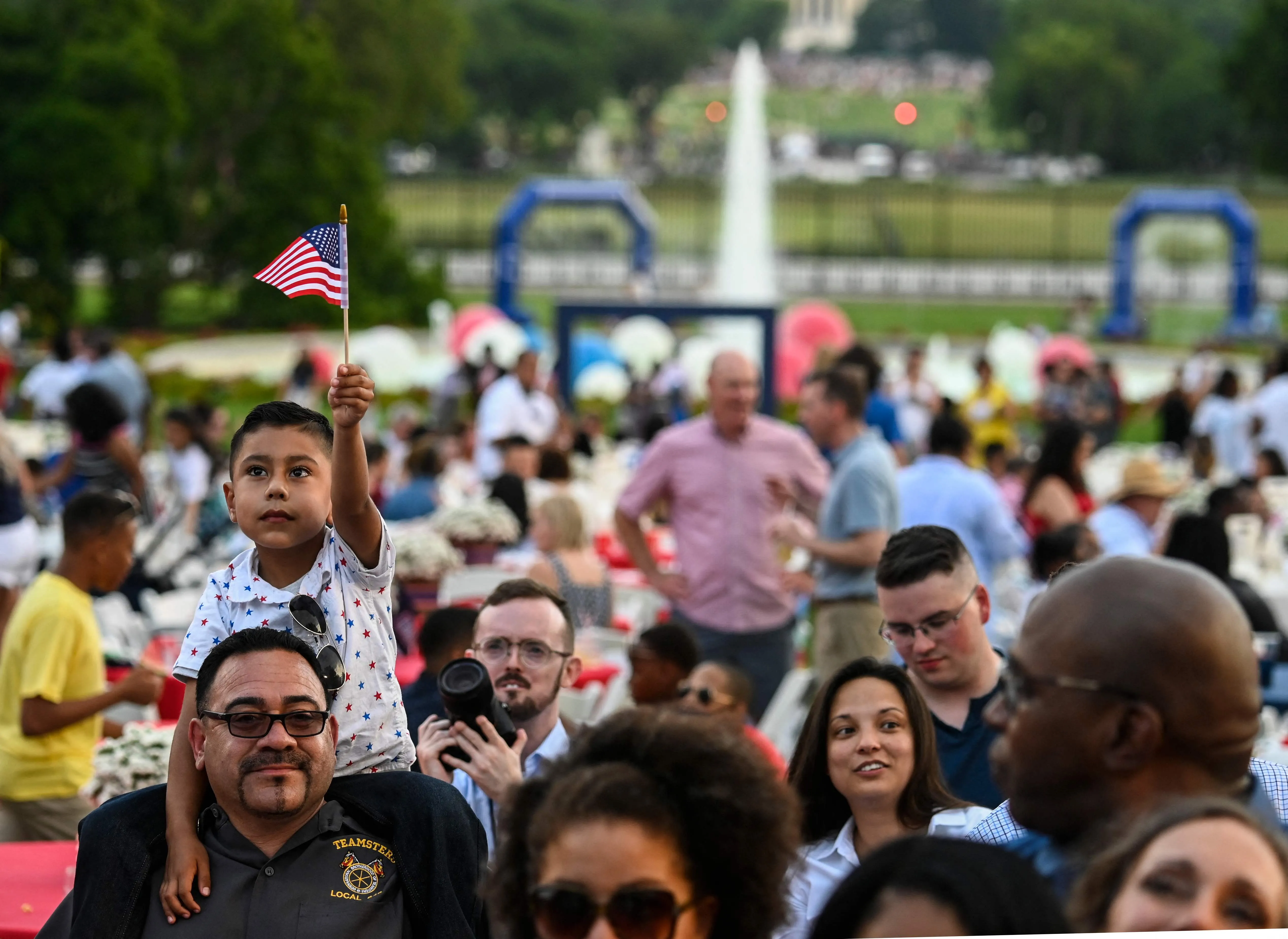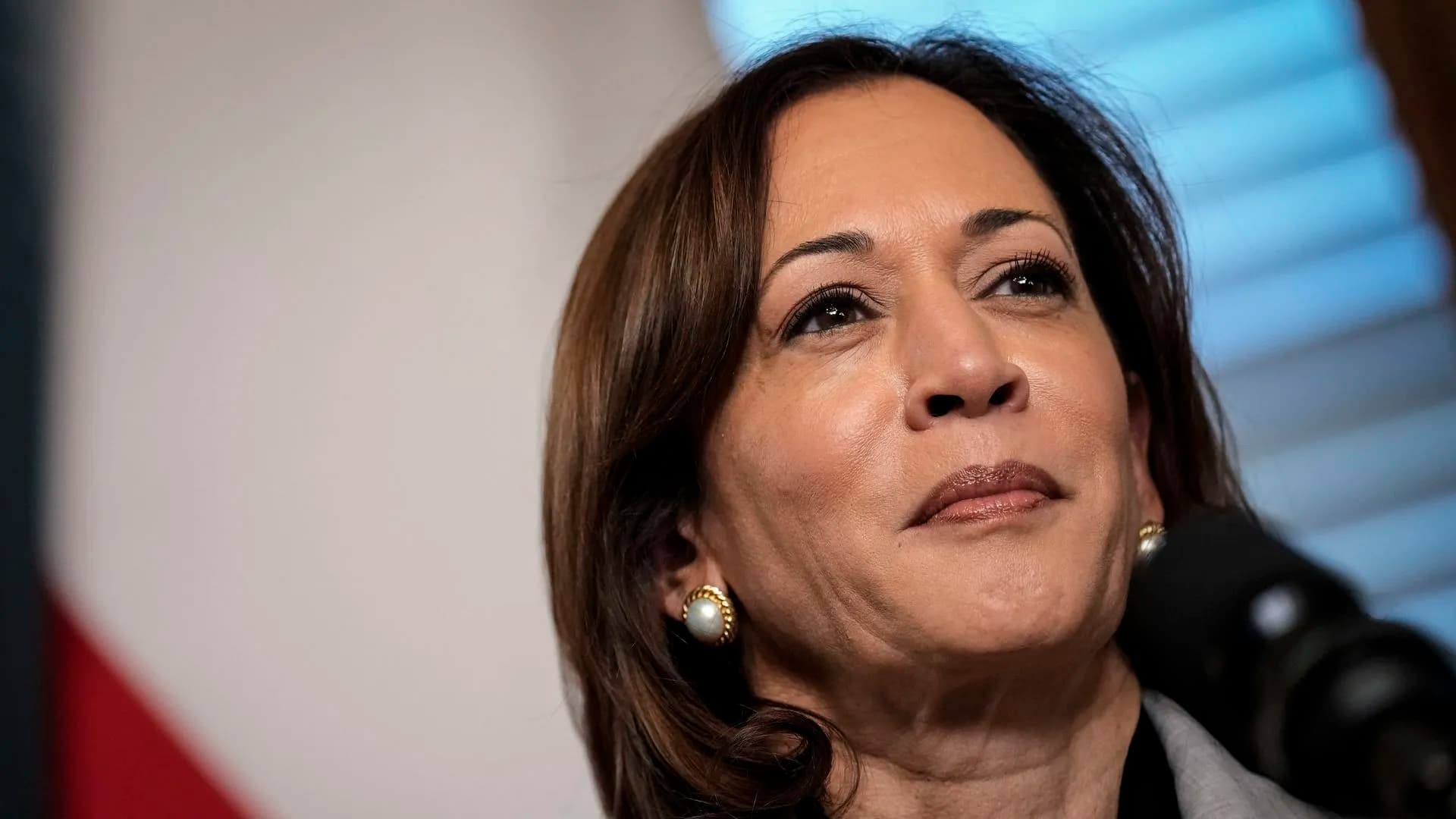Former Vice President Kamala Harris has ignited a firestorm among MAGA supporters with her contemplative Fourth of July message. "I am taking a moment to reflect," she stated on X, sharing a poignant photo with her husband, Doug Emhoff. This simple declaration has been met with an avalanche of criticism and mockery, illustrating the stark divide in American political discourse.
Harris"s Message Resounds Amid National Strife
On July 4, 2024, Harris delivered remarks that emphasized gratitude towards servicemembers and veterans, while also acknowledging the ongoing struggles faced by many Americans. According to GovInfo, her speech highlighted the importance of unity and reflection during a time of national celebration. However, the juxtaposition of her somber tone with the festive spirit of the holiday has drawn both ire and support.
Social Media"s Response Illustrates the Political Divide
Harris"s post has sparked a torrent of reactions online, with many in the MAGA crowd seizing the opportunity to criticize her for a perceived lack of patriotism. As reported by The Daily Beast, her reflective stance was seen by some as a downer, contrasting sharply with the traditional narrative of unbridled patriotism associated with Independence Day. Critics have pointed to her previous remarks and public speaking gaffes, such as her statements during the Highland Park tragedy, to bolster their arguments against her effectiveness in leadership roles.

Watch: Doug Emhoff, Kamala Harris" husband, describes meeting Harris in DNC speech
Implications for Future Political Discourse
The backlash against Harris"s Fourth of July message underscores a broader trend within American politics: the weaponization of language and sentiment. The MAGA faction"s reaction is emblematic of a larger strategy to label progressive voices as unpatriotic or disconnected from the "real America." This narrative, which often targets women and people of color in positions of power, threatens to stifle essential conversations about civil rights and social justice. As reported by New York Post, the constant scrutiny Harris faces is not just about her comments; it’s about her identity as a woman of color who has achieved high office.
The Role of Reflection in Leadership
Harris"s reflection on Independence Day can be viewed as a call to action for Americans to engage with their nation"s complexities rather than retreat into simplistic narratives. As progressive advocates argue, true patriotism is rooted in the acknowledgment of both triumphs and failures. This perspective is vital for fostering a more inclusive society that champions civil rights and democratic governance. According to Newz, the implications of Harris’s message extend beyond social media; they challenge us to rethink how we celebrate national identity in a country marked by profound inequities.

Independence Day celebration at the White House
Conclusion: A Call for Authentic Patriotism
In an era defined by political polarization, Harris"s Fourth of July message serves as a reminder that authentic patriotism requires confronting uncomfortable truths. The MAGA response is indicative of a broader resistance to emotionally nuanced discourse in politics. As we move forward, the need for leaders who are willing to tackle difficult conversations about civil rights and social justice becomes increasingly urgent. Harris"s reflections may very well signal a necessary shift in how we define patriotism in contemporary America.



![[Video] Gunfire between Iraqi security forces and Sadr militias in Baghdad](/_next/image?url=%2Fapi%2Fimage%2Fthumbnails%2Fthumbnail-1768343508874-4redb-thumbnail.jpg&w=3840&q=75)
